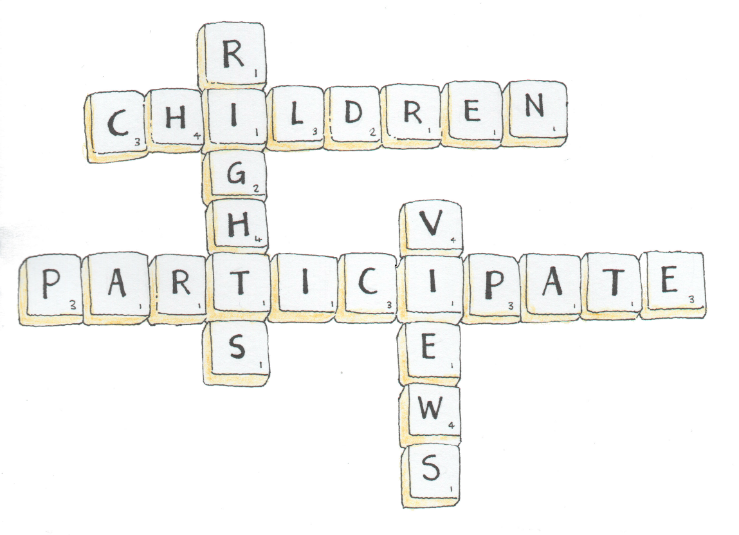The Children (Scotland) Bill – The Justice Committee’s Recommendations at Stage 1

Authors: Fiona Morrison and Kay Tisdall
The Justice Committee of the Scottish Parliament have just issued their Stage 1 Report on the Children (Scotland) Bill. The Bill will reform family law in Scotland, and particularly promises to improve the participation rights of children within family law proceedings. While the Committee approved of this promise, it felt substantial changes and additions were needed to achieve this. We agree.
We have recently completed research on family law proceedings. Our research finds a number of barriers and challenges to children’s participation in family proceedings in Scotland. The issues of ‘capacity’, ‘manipulation’ and ‘distress’ are especially potent in discussions about implementing children’s participation rights. The framing of contested contact cases as ‘adult disputes’ can exclude children’s views out of fear that involvement will lead to undue pressure on children. In practice, adults’ concerns for children’s vulnerability risk marginalising children’s participation rights.
Stage 1 Report on the Children (Scotland) Bill
Our findings informed our written and oral evidence to the Justice Committee of the Scottish Parliament, on the Children (Scotland) Bill. The Committee’s Stage 1 Report signals that substantial improvements should be made to the Bill. It has made recommendations on a wide range of issues including: removing some barriers for children who wish to instruct their own solicitor; providing children with choices about if and how they participate; and seeking clarity on who will fulfil a court’s duty to provide feedback to children about the decisions it makes. All important and welcome recommendations.
Particularly welcome are the Committee’s recommendations to ensure the infrastructure and resources to facilitate children’s participation rights. These are critical if we are serious about improving children’s participation rights. Without investment in such an infrastructure, the Bill risks making very little difference to children’s experience of participating in family actions. This is one of the strongest messages we have learnt from our research – and one that children and young people repeatedly tell us.
What more needs to be done?
As work continues to improve the legislation, there are other immediate issues that this Bill must address, as well as longer term reform.
- Children must be given opportunity to be heard directly in legal proceedings.
This requirement is set out in General Comment No. 12 from the UN Committee on the Rights of the Child. When children’s views are mediated by an adult (whether that be a child welfare reporter or an advocacy worker), safeguards are in place to ensure that children’s views are reported accurately and directly to the court.
- A child friendly system of complaints and redress must be established for children to use when they believe their rights have been breached.
This requirement is set out in General Comment No. 12 from the UN Committee on the Rights of the Child. While referred to in Stage 1 Report, it was not addressed as a recommendation.
In the longer term, radical reform is needed. We need to shift the legal conceptualisation of contested child contact from an adult dispute, to one where concerns about contact are squarely about and inclusive of children. Doing this would assist in realising all of children’s human rights, including their participation rights. It would enable children’s participation rights to be recognised in themselves, as well as the intersections they have with children’s welfare.
Acknowledgments
We wish to acknowledge the funding provided by the Justice Analytical Services (Scottish Government) for the project.
We would also like to acknowledge the wider collaborative learning that informed this research, children, young people and adults. This includes partnership research, Improving Justice in Child Contact (funded by the European Union’s Rights, Equality and Citizenship Programme (2014-2020).
This blog was originally posted on the Children’s Participation in Family Law blogpage.




Comments are closed
Comments to this thread have been closed by the post author or by an administrator.